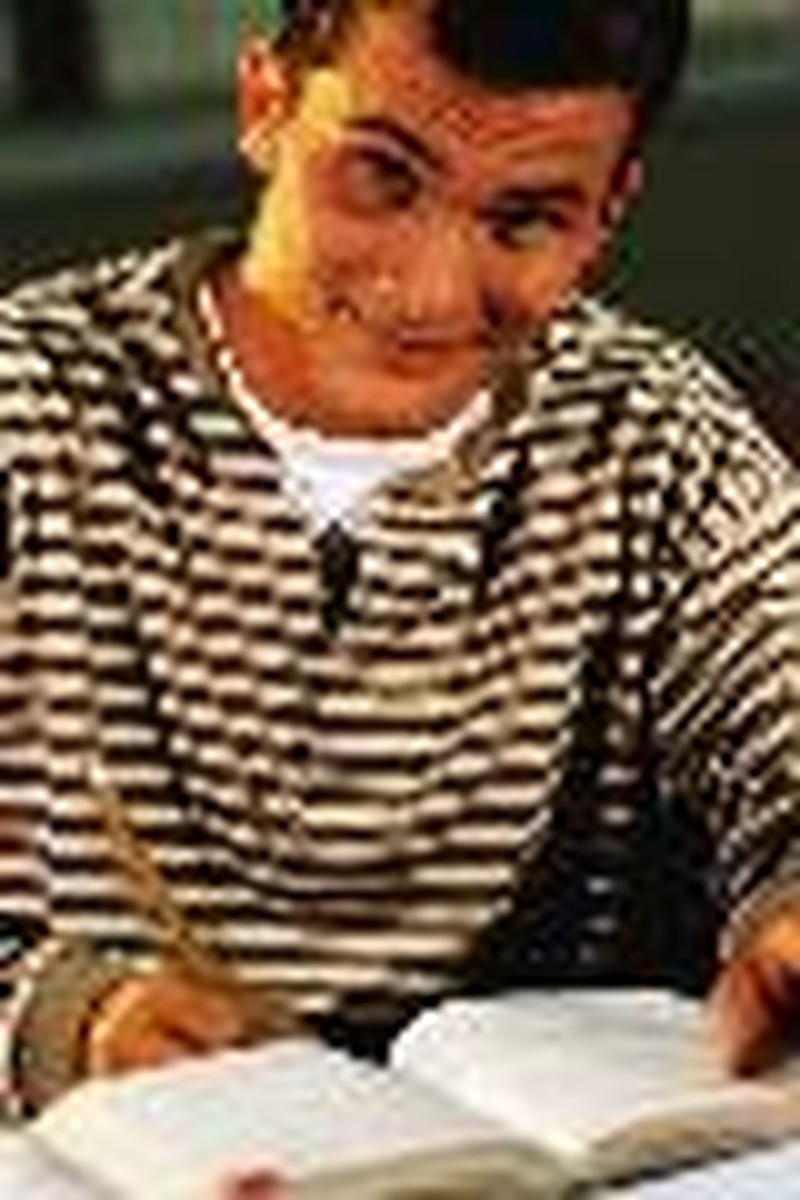Answers: High School Homeschooling
- Dr. Ruth Beechick
- Published Feb 14, 2007

Q. What standard, or course of study, do you recommend a high school student follow so that he will be prepared for college?
A. I will approach this question by looking at the result you want at the end of a high school career. In these days, you want the ability to score well on college entrance exams.
The main skill students need is a high level of reading ability. They must be able to read and understand a wide variety of materials. It alters your way of teaching if you realize that the SAT test, particularly in science, presents reading selections on various specialized topics, and then asks questions based on the selections. Some questions ask for facts specifically given in the selection and some require thinking and inferring beyond the given information. Other short test items work on the "sampling" technique. Students who have read more widely will know more of the samples. This differs from end-of-unit tests where you hope students know practically all the answers.
Along with the reading, students need a similar level of writing skill. Their writing should communicate clearly and orderly, and show thinking, understanding and problem solving. A command of spelling and the mechanics of writing will help too. If students can read and write at a high level like that in science, history, literature and other topics, they should do well on the verbal parts of the tests. In math they need a minimum of high school algebra and geometry, and more if they intend to go into a math or science field.
The United States today is in panic about science, since science is seen as the salvation of our nation. So schools are requiring more science study. Some colleges require a subject-specific test (SAT II) in addition to the general education test. Science students can prepare for the science test by becoming acquainted, first, with life sciences and earth and space sciences. About half of questions will concern these topics. The other half are spread among physics, chemistry, history and methods of science. Again, students need to read and write well on these topics.
When you view the outcomes in these general terms, you can see that it really does not matter whether your student happened to read about Alexander's conquests but not Napoleon's campaigns; or that he closely studied geological layers but only read briefly of carbon dating. It is impossible to study everything that a group of people would list as essential. Textbooks try to do that, but they sacrifice much depth and interest and thinking in order to skim over numerous topics.
So, to prepare for college, you can work on reading and writing and general knowledge in a variety of fields, and on math. In addition, your choice of college may have other requirements, such as foreign language. You need to find out what those are as early as possible and include them in your plans.
Q. Some of my friends are so concerned about transcripts and record keeping that they buy piles of textbooks, and labor through all those just so they can put courses and grades on a transcript. It seems artificial and dull to me, and not the way I want my two children to experience their high school years. What is your view? Do we need to follow traditional high school courses?
A. I had fun exploring this curriculum question when I wrote my one-and-only fiction book, The Cabin and the Ice Palace. The children in Schuliland called their studies Reaching Out, Looking In, Making Over, and other names that completely rework the boundaries around the school subjects. I get excited when I see homeschoolers today experimenting along similar lines. Such originality is a part of why I call homeschooling the healthiest movement in education today.
But you have certain hoops to jump through because of your state laws or college entrance requirements, so you have to be creative with those hoops, too. Inge Cannon suggests a system of jotting onto cards various activities, books read, projects done, trips or museum visits, papers written, etc. The cards start with course names, or you can name them later, after you gather enough hours for a course. You can put Bible study onto a history or a literature card. If the student becomes immersed in ancient history, he may change his World History card to Ancient History. In other words, do things your way, but bend the records their way.
Along with this freedom you could use some traditional courses. College bound students, for instance, usually work systematically on math courses. Some take courses at a community college. Non-college-bound students add work as apprentices, work on a family farm or other business, and any variety of useful learnings, still managing some sort of records for a diploma at a homeschool group graduation or home graduation.
I would like to suggest a Schuliland combination of Bible and all the sciences. If you subscribe to the Australian "Creation" magazine, your high schooler and the whole family can learn from the articles and short items in it. If you actually read and talk about these in your family, students will learn the evolution teachings of the schools but will practice advanced thinking skills by analyzing problems of evolution and comparing everything with Bible teachings. This magazine is colorful, well illustrated, contains pages for younger children, and is excellent in every way. A single creation unit along the way will not suffice. Today, every Christian student needs a few years of creationist study before going off to college, even to most of our Christian colleges today.
Copyright, 2004, Dr. Ruth Beechick. All rights reserved. This article first appeared in The Old Schoolhouse™ Magazine, Winter, 2004. Dr. Ruth Beechick has been in curriculum work for many years. Now retired, she writes for homeschoolers and creationists from her Colorado home. These questions are excerpted and adapted from the high school chapter of Dr. Beechick's Homeschool Answer Book, edited by Debbie Strayer, available from HomeschoolingBooks.com or from Mott Media, 810-714-4280.



















